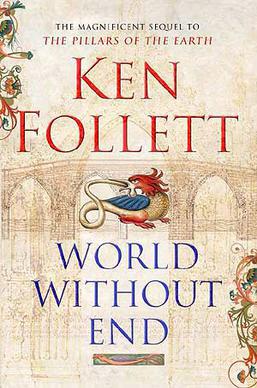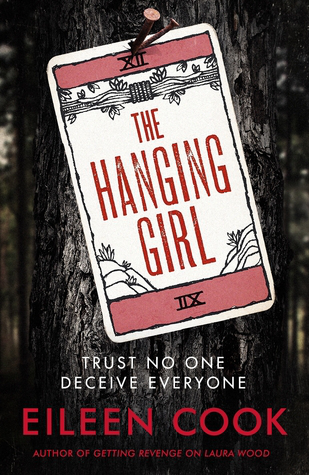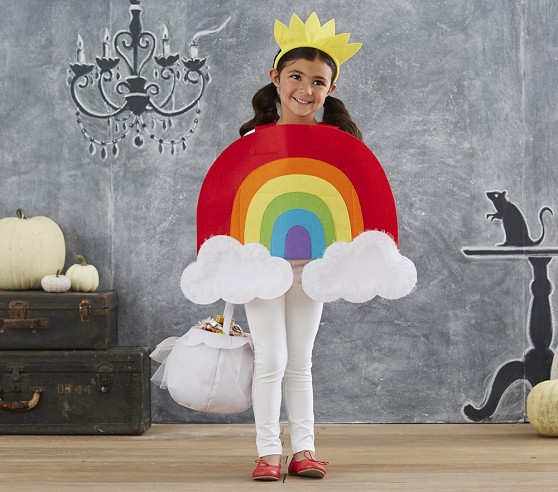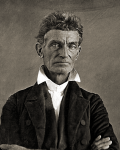Jeanette Winterson’s novels never fail to astound me. Whilst I have most of her oeuvre yet to read, I have very much enjoyed every book of hers which I have read to date, from the heartbreakingly sad Oranges Are Not the Only Fruit and the quirky The Passion, to her distinct, unique and imaginative retelling of the story of Atlas and Heracles, Weight. I wanted, therefore, to read The Daylight Gate ever since I first learnt of its publication, and was thrilled when I received a beautiful copy from my parents for Christmas.
I find the Lancashire Witch Trials absolutely fascinating (that kind of horrid which both repulses and interests me – much like the many books about the Holocaust which I tend to read), and I am so pleased that Winterson decided to turn her talented hands to writing a novel about them.
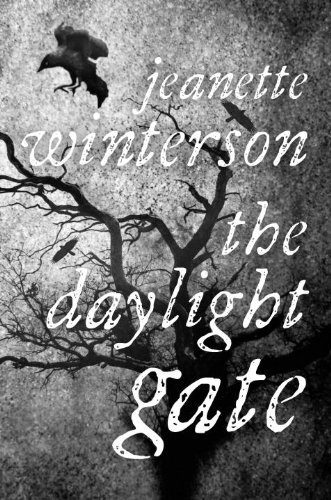
‘The Daylight Gate’ by Jeanette Winterson
Her newest offering is so atmospheric. Winterson unfailing writes so well, and is a master at creating chills using just a simple sentence. This was present from the outset in The Daylight Gate, and the consequent tension was marvellously built. The undercurrents which are present in every work of her fiction are so well done here particularly, and she suggests and hints at many elements throughout without explicitly stating facts. I love the way in which the reader is subsequently able to come up with their own interpretation at times in The Daylight Gate, almost putting their own stamp upon the novel.
The true history of the Trials is set out throughout the volume, and this gives the entirety a real sense of place and time. Winterson is able to switch seamlessly from one narrative perspective to another, and shifts the focus between her characters accordingly.
The way in which Winterson uses the full names of her characters for the majority of the book works very well. As each person whom she touches upon is a distinctive being in history, this technique reminds the reader continually that they were real, and it also serves to detach us emotionally from some of the crueller beings who were involved in the Trials. Only in the more tender, emotional or pivotal situations throughout does Winterson revert to using only the given names of her protagonists. The psychology of each and every being we meet has been well considered.
The Daylight Gate is a dark novel, far darker than I expected it to be. The entirety is beautifully written, the prose sparse when it needs to be, and decorated with lovely descriptions. The novel made me feel a little uneasy at times, but some of the more gruesome instances throughout built up the book’s power to wonderful heights, making it both powerful and vivid. I admire Winterson greatly for writing about such an important historical event and bringing it back into the contemporary consciousness in such a stunning way.
Purchase from The Book Depository
Advertisements Share this: